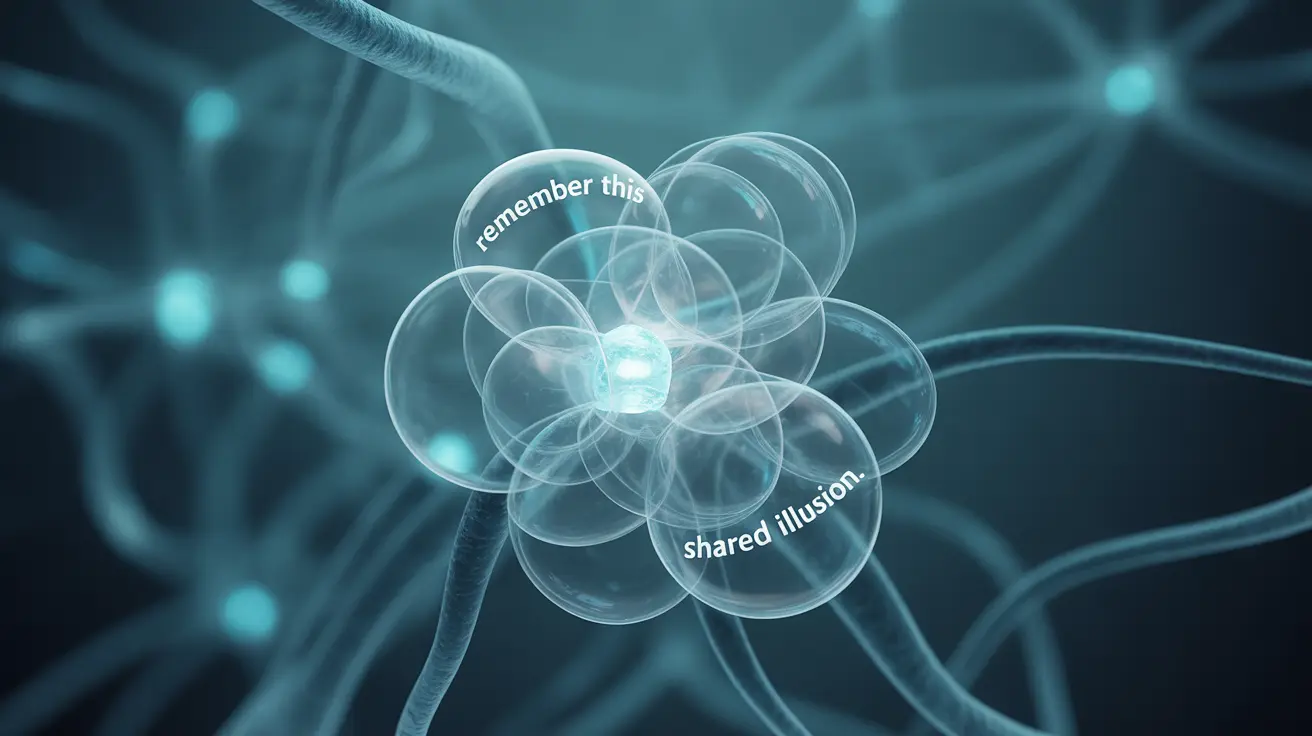The Mandela Effect is a fascinating psychological phenomenon where large groups of people share the same false memories of past events, details, or experiences. This intriguing occurrence has captured public attention and sparked discussions about the nature of memory, collective consciousness, and how we process information in our increasingly connected world.
Named after the widespread misconception that Nelson Mandela died in prison in the 1980s (when he actually passed away in 2013), this phenomenon raises important questions about memory reliability and how shared false memories can spread through society.
Understanding the Science Behind the Mandela Effect
The Mandela Effect represents more than just simple memory errors or misremembering. It occurs when numerous people share identical false memories, suggesting a complex interplay between individual memory formation, social influence, and information processing.
Cognitive psychologists attribute this phenomenon to several key factors, including:
- False memory formation
- Confabulation (creating false memories to fill gaps)
- Social misinformation effects
- Pattern recognition errors
- Confirmation bias
Common Examples in Popular Culture
The Mandela Effect appears frequently in popular culture, affecting how people remember logos, movie quotes, and historical events. Some well-documented examples include:
- The Monopoly Man's monocle (which never existed)
- "Luke, I am your father" (actually "No, I am your father")
- The spelling of popular brands like "Froot Loops" vs. "Fruit Loops"
- The placement of the Ford logo's curl
- The color sequence in the Fruit of the Loom logo
Psychological Mechanisms and Formation
Memory researchers have identified several mechanisms that contribute to the Mandela Effect's formation:
Memory Reconstruction
Our brains don't store memories like video recordings but rather reconstruct them each time we recall them. This reconstruction process can introduce errors and be influenced by current knowledge and social contexts.
Social Influence
When people share and discuss memories, they can unknowingly influence each other's recollections, leading to the formation of shared false memories through a process called social conformity.
Impact on Modern Society
The Mandela Effect has significant implications in today's digital age:
- It can contribute to the spread of misinformation
- It challenges our understanding of collective memory
- It affects how we verify historical facts
- It influences marketing and brand recognition
- It raises questions about the reliability of eyewitness testimony
Frequently Asked Questions
What is the Mandela Effect and how does it explain shared false memories? The Mandela Effect occurs when large groups of people share identical false memories. It explains these shared misconceptions through various psychological mechanisms, including false memory formation, social influence, and memory reconstruction processes.
What are common examples of the Mandela Effect in popular culture? Common examples include misremembered movie quotes, brand logos, and historical events. Notable instances involve the Monopoly Man's non-existent monocle, misquoted movie lines, and incorrect brand name spellings.
Why do people experience the Mandela Effect and what causes these memory errors? People experience the Mandela Effect due to the way our brains store and reconstruct memories, combined with social influence, pattern recognition errors, and confirmation bias. The interconnected nature of modern society can amplify these shared false memories.
How can I tell if a memory is affected by the Mandela Effect or is accurate? To verify memories, fact-check against reliable sources, look for original documentation, and be aware that memory can be influenced by social factors. Consider consulting multiple independent sources when uncertain about a memory's accuracy.
What impact does the Mandela Effect have on society and spreading misinformation? The Mandela Effect can contribute to the spread of misinformation, affect historical understanding, and influence public perception of events and brands. It highlights the importance of critical thinking and fact-checking in modern society.




